SUZANNE O'CALLAGHAN
Suzanne O'Callaghan is HFA Policy Research and Education Manager
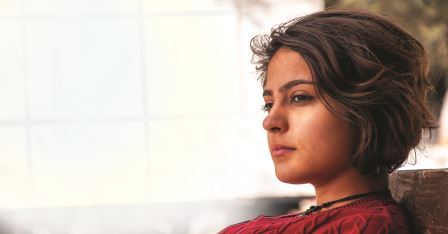
37 people completed the survey.
29 female
8 male
They were from all states and territories except Northern Territory and Tasmania (3 did not disclose where they lived).
72% were 31-54 years of age
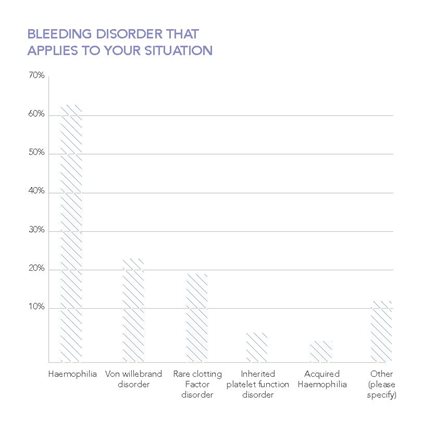
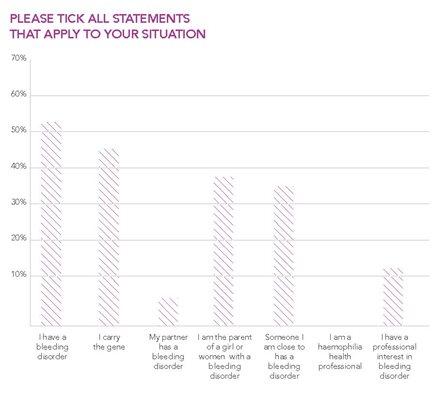
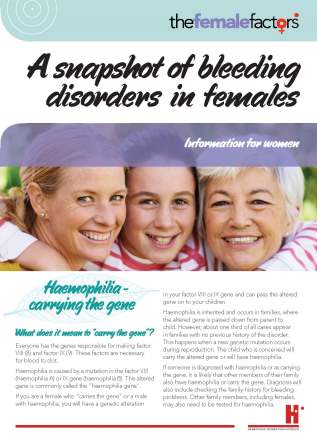
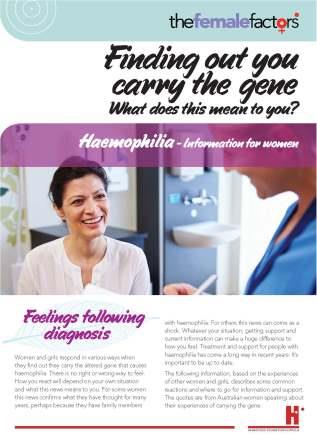
86% had seen the Snapshot of bleeding disorders in females
66% had seen Finding out you carry the gene
48% had seen the print version
66% had seen the online version
85% thought they were very or extremely useful
72% thought the design and layout was very good or excellent
Comments:
‘Great layout. Easy to peruse.’
‘People can refer to them again – conversations can be forgotten or misunderstood. When sharing information with others who are new to clotting factor issues they feel safe and comfortable and can find answers but also questions to ask health professionals.’
‘My daughter was happy there was something that was just for females.’
'A lady found it in my work waiting room and was so thrilled to have something concrete about herself.'
'Thank you for producing a quality resource for women and their families to use.'
68% passed booklets on to other family members
18% showed booklets to their health professionals
‘Was good showing my family.’
‘To educate carriers in the family who are considering starting a family who hadn't been informed about their considerations or connected to an HTC yet.’
‘So that we are not alone and that we suffer as well.’
‘Acknowledging that these symptoms are real and do affect the person's life is very helpful. It is also helpful if they are able to talk about them to their doctors and to get some help with their symptoms.’
‘The desire to educate more family members/well wishers/school educators.’
‘Spurred me on to find out more info from the doctors re children and starting a family.’
‘More info and evidence of what I say is not rubbish.’
‘I have sought to talk with some others who I know have bleeding disorders to ask their advice.’
‘As a male, a broader understanding.’
1. Haemophilia Foundation Australia. Women and bleeding disorders project report. Unpublished report, Melbourne, 2002.
2. Renault, NK, Howell, RE, Robinson, S, et al. Qualitative assessment of the emotional and behavioural responses of haemophilia A carriers to negative experiences in their medical care. Haemophilia 2011;17:237-245.
Haemophilia Foundation Australia acknowledges the Traditional Owners and Custodians of Country throughout Australia, the land, waters and community where we walk, live, meet and work. We pay our respects to Elders past and present and extend that respect to all Aboriginal and Torres Strait Islander peoples.
Sign up for the latest news, events and our free National Haemophilia magazine